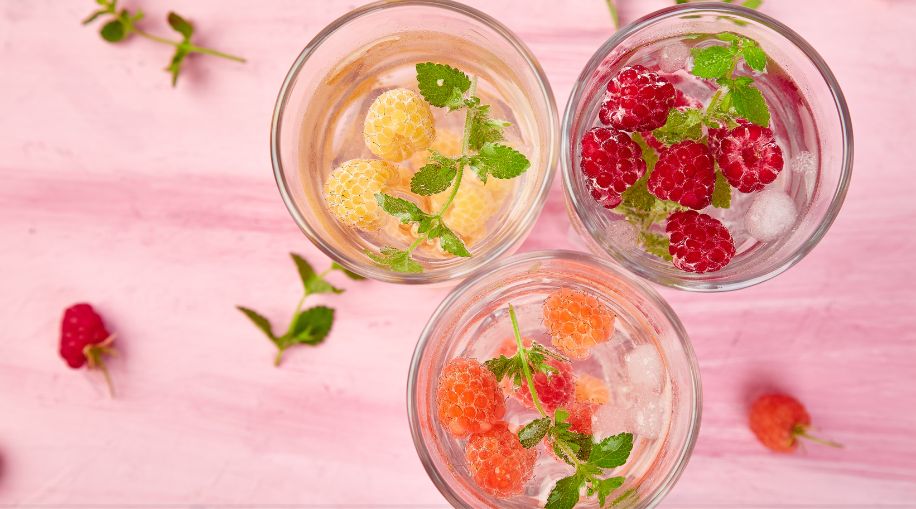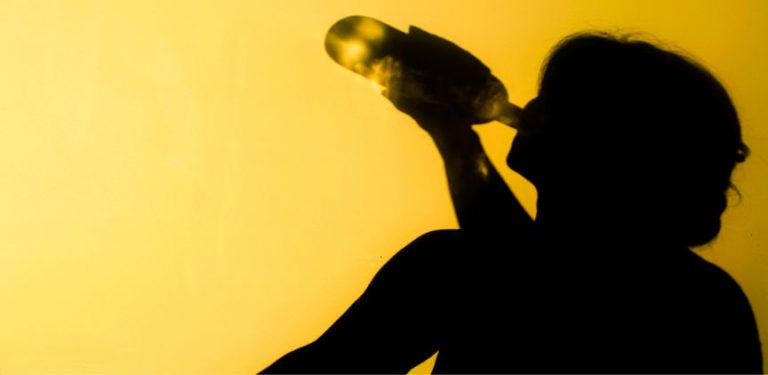Surprising Drinks to Avoid with Diabetes
Managing diabetes effectively requires careful attention to food and drinks you consume. While sugary beverages like soda are widely recognized as harmful for people with diabetes, there are other lesser-known drinks that can also cause blood sugar spikes and complicate diabetes management. These drinks may seem healthy, but they can be problematic for those with diabetes.
1. Flavored Waters
Flavored waters often appear as healthier alternatives to sugary sodas, but many varieties contain hidden sugars or artificial sweeteners. Some flavored waters have added sugars to improve taste, which can lead to blood sugar spikes. Even those labeled "sugar-free" or "low-calorie" often contain artificial sweeteners like sucralose or aspartame. While these sweeteners may not raise blood sugar levels in the same way as regular sugar, they can affect insulin sensitivity and make glucose management more challenging over time.
People with diabetes should be cautious and read labels carefully to ensure flavored waters don’t contain hidden sugars. Opting for plain water with a slice of lemon or cucumber can provide flavor without raising blood sugar levels.
2. Coconut Water
Coconut water is often praised for its electrolyte content and natural hydration properties. However, many people don’t realize that coconut water contains natural sugars that can elevate blood sugar levels. While coconut water has less sugar than many other drinks, it still contains carbohydrates, which can impact glucose levels if consumed in large amounts.
If you enjoy coconut water, it’s essential to choose unsweetened varieties and consume it in moderation. Monitoring how your blood sugar responds to coconut water can also help manage its impact.
3. Alcoholic Cocktails
Alcoholic cocktails can be deceptively high in sugar due to the mixers and syrups used in their preparation. Drinks like margaritas, piña coladas and mojitos often contain fruit juices, sugary syrups or soda. These can all lead to rapid blood sugar spikes. Even simple cocktails like rum and cola or whiskey and ginger ale can contain more sugar than you might expect.
Alcohol itself can also be dangerous for people with diabetes. It can lower blood sugar levels and impair liver function, making it difficult for the body to regulate glucose. For people with diabetes, avoiding sugary cocktails and monitoring alcohol intake is critical.
Related Search Topics (Ads)
4. Milkshakes and Smoothies
Milkshakes and smoothies might seem like a healthier choice, but they can contain a significant amount of sugar, especially when made with sweetened yogurt, fruit juices or syrups. Store-bought smoothies or those from cafes can be packed with hidden sugars that cause rapid blood sugar increases. Even homemade smoothies can be problematic if they contain large amounts of fruit, which naturally contains sugar.
Balancing smoothies with protein, healthy fats and fiber can help slow down sugar absorption. People with diabetes should limit high-sugar ingredients and opt for low-sugar, nutrient-dense options.
5. Tonic Water
Tonic water is often used as a mixer in alcoholic drinks, but it contains sugar, unlike sparkling water or soda water. Many people assume that tonic water is just carbonated water, but it typically contains sugar, with a standard serving having around 30 grams of sugar per 12-ounce bottle. This can easily lead to spikes in blood sugar levels.
If you like gin and tonic or other mixed drinks, switching to club soda or sugar-free tonic water is a safer choice for those managing diabetes.
6. Fruit Punch
Fruit punch might seem like a healthier option compared to soda, but it is often loaded with sugar and made from fruit concentrates rather than whole fruits. Even natural fruit punches contain high levels of concentrated sugars, making them unsuitable for diabetics. Drinking fruit punch can cause quick spikes in blood sugar levels, similar to sugary sodas.
For people with diabetes, it’s better to avoid fruit punch altogether or dilute it heavily with water to reduce its sugar content.
7. Energy Drinks
Energy drinks are often packed with sugar and caffeine, both of which can make managing diabetes more challenging. The high sugar content in energy drinks can cause blood sugar levels to rise rapidly, while the caffeine can interfere with insulin sensitivity. Additionally, energy drinks can contribute to dehydration, which can complicate blood sugar control.
Even sugar-free versions of energy drinks can pose risks due to their caffeine and artificial sweetener content. People with diabetes should avoid energy drinks and choose lower-caffeine alternatives that don’t contain sugar.
8. Sweetened Iced Coffee Drinks
Sweetened iced coffee drinks, such as flavored lattes, frappuccinos and iced mochas, are often high in sugar and fat. Many people are unaware that these beverages can contain more sugar than a can of soda, making them dangerous for diabetics. Even iced coffee with flavored creamers or syrups can lead to blood sugar spikes.
A better option is to enjoy iced coffee without sweeteners or syrups and use a small amount of milk or sugar-free creamer instead. This way, you can enjoy the taste of coffee without the added sugar and risk to your blood sugar levels.
9. Soda
Soda is perhaps the most well-known drink to avoid for people with diabetes. Regular sodas are packed with sugar, and a single can often contains more than 30 grams of sugar, which can cause rapid spikes in blood sugar levels. Drinking soda not only raises blood glucose but also contributes to weight gain, making diabetes harder to manage.
Even diet sodas, which are marketed as sugar-free, contain artificial sweeteners that may still have an impact on insulin sensitivity and overall health. It’s best to avoid sodas altogether and opt for water, herbal teas or unsweetened beverages to stay hydrated and manage diabetes effectively.

